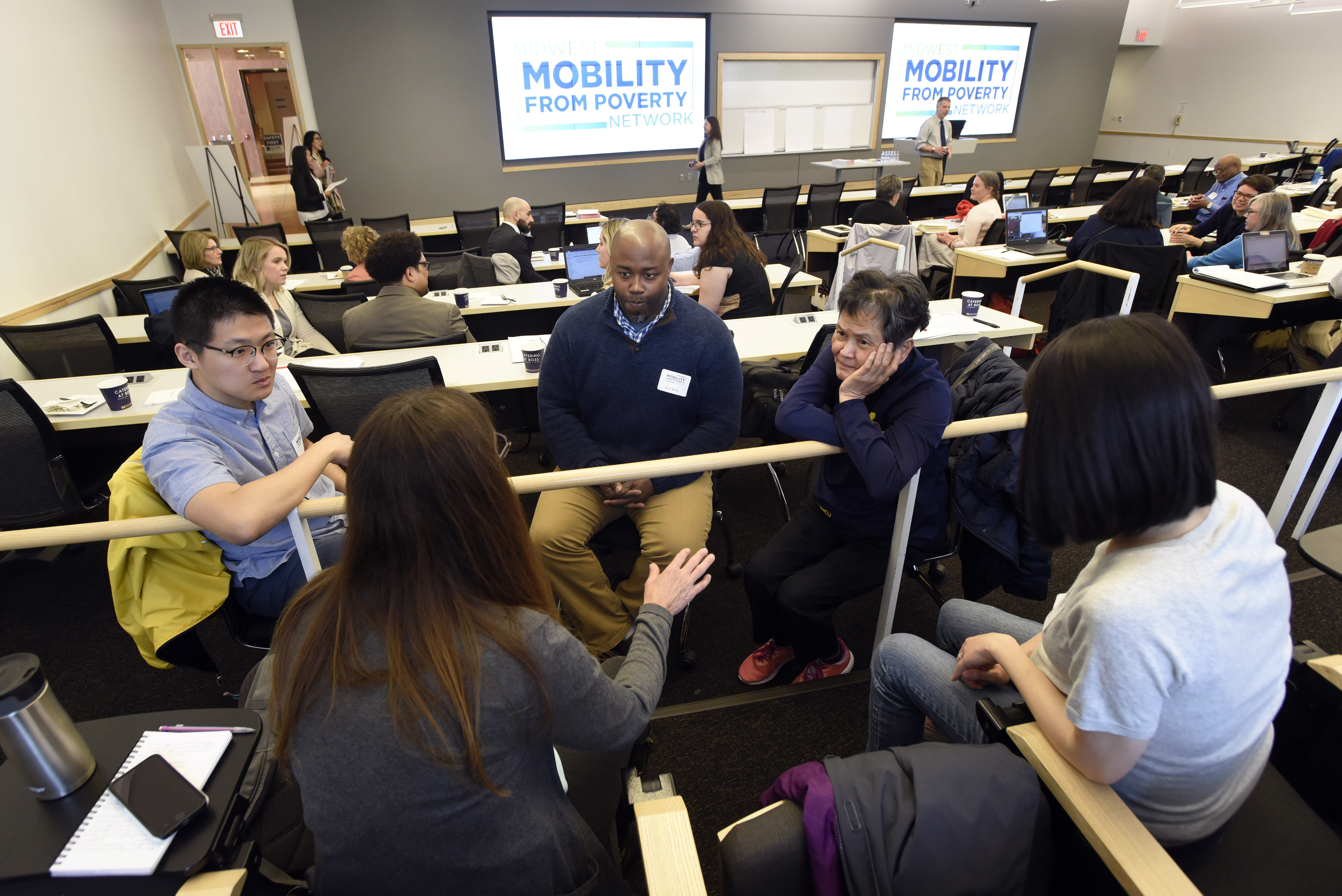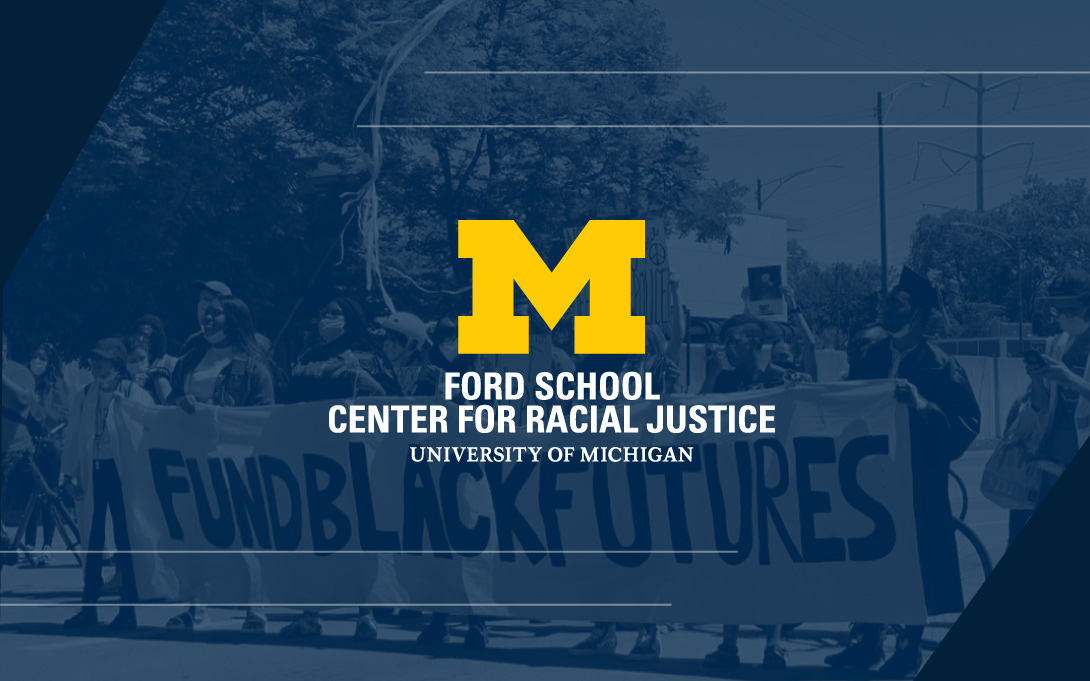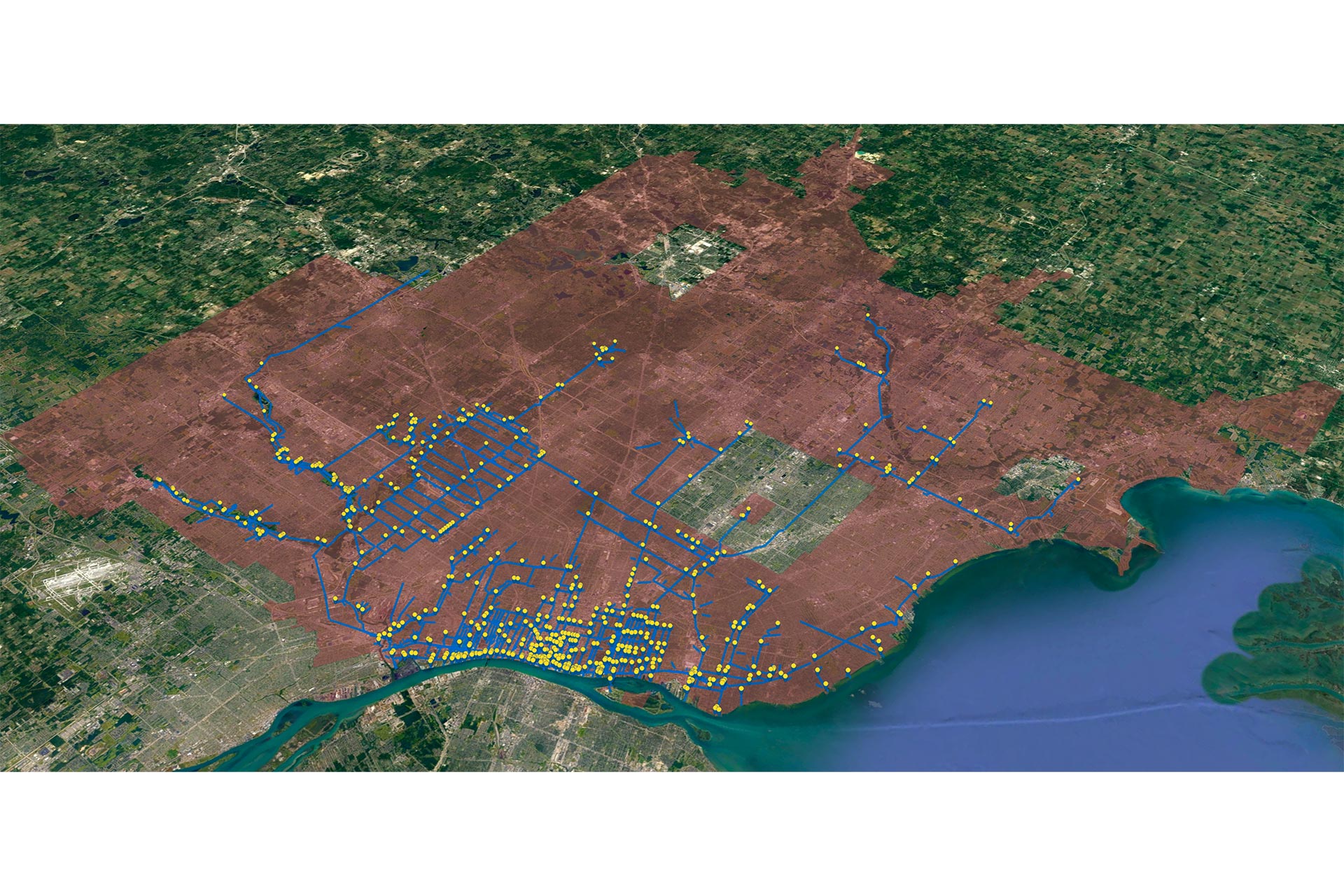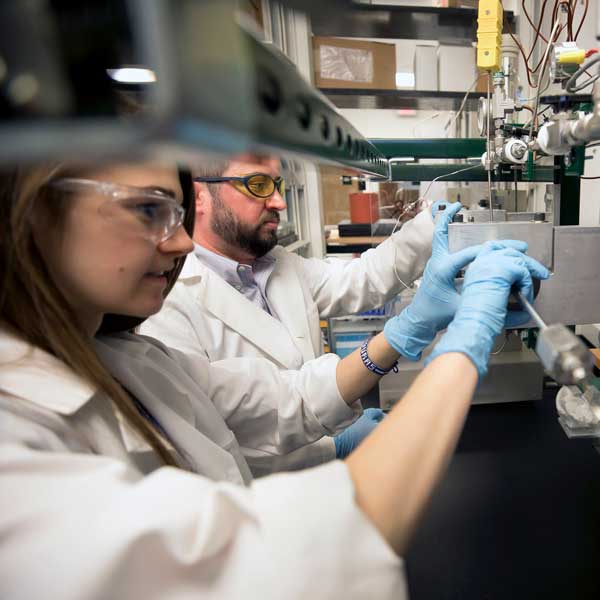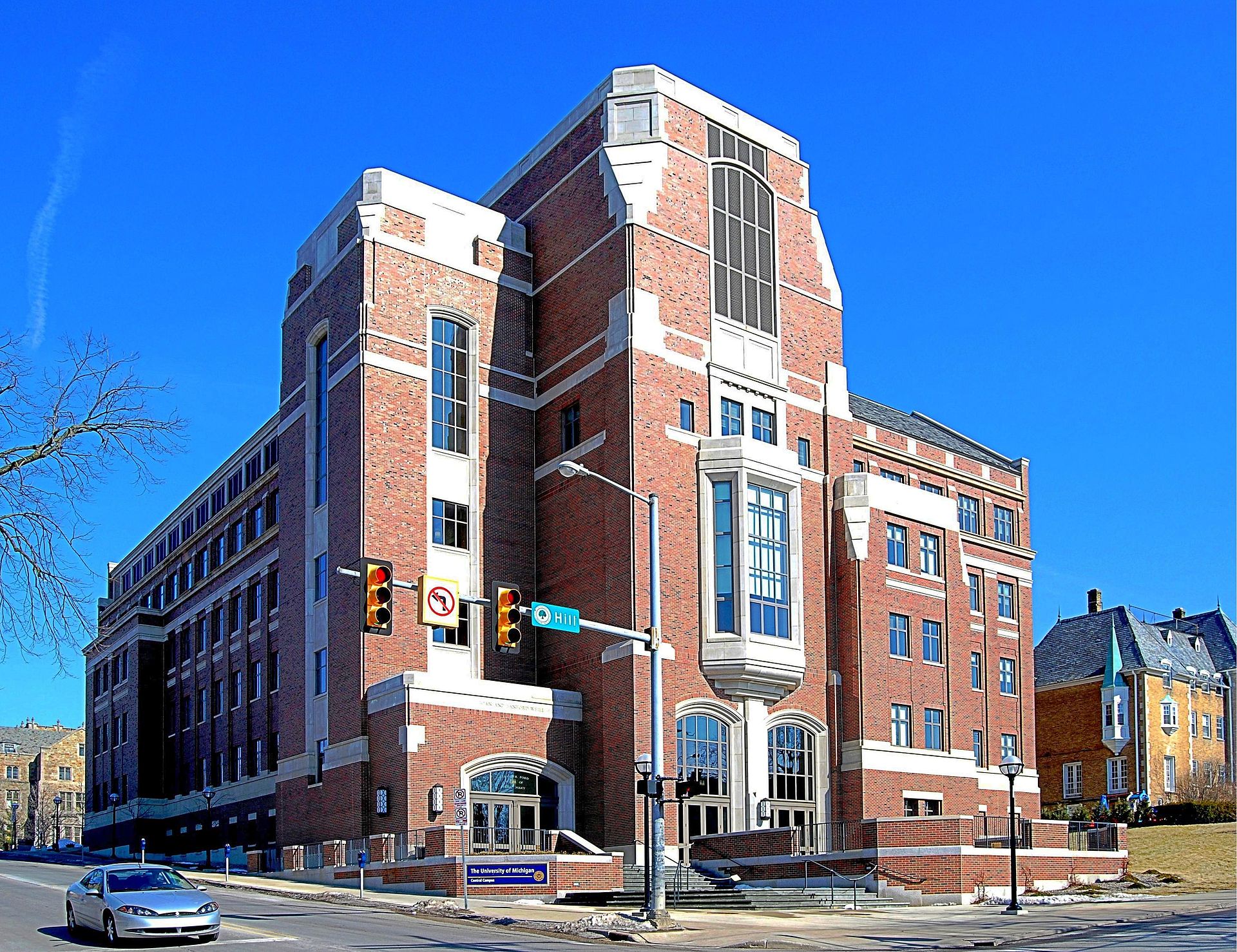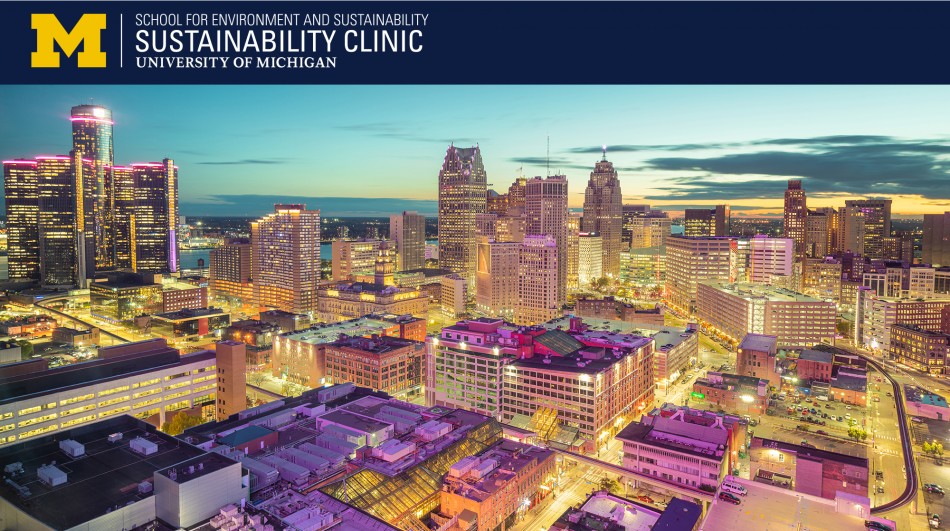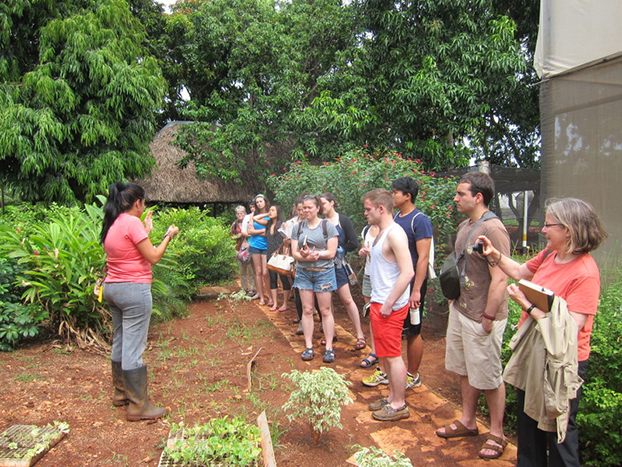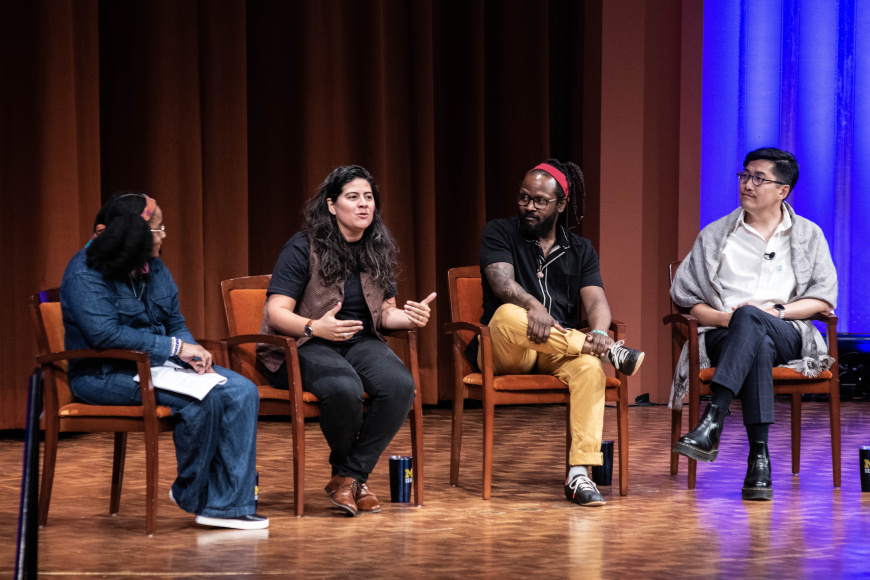Poverty Solutions
Poverty Solutions is a University of Michigan initiative that aims to prevent and alleviate poverty through action-based research that informs policymakers, community organizations, government entities, and practitioners about what works in confronting poverty. The initiative seeks to leverage the assets and academic scope of the university to make a major impact on the lives of millions of Americans.
